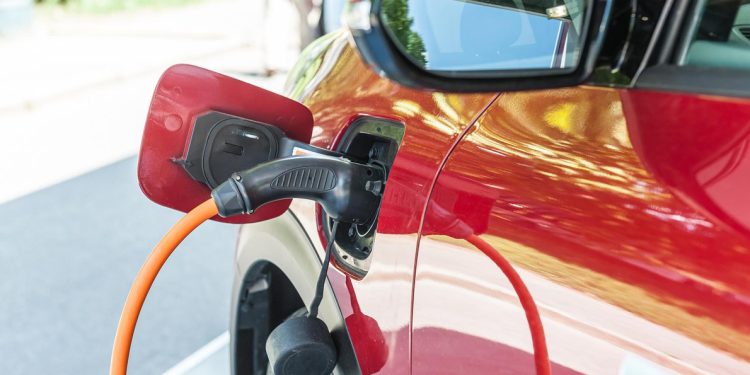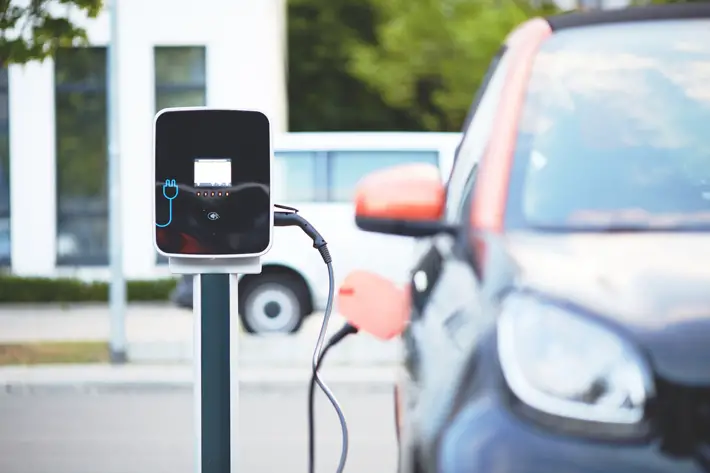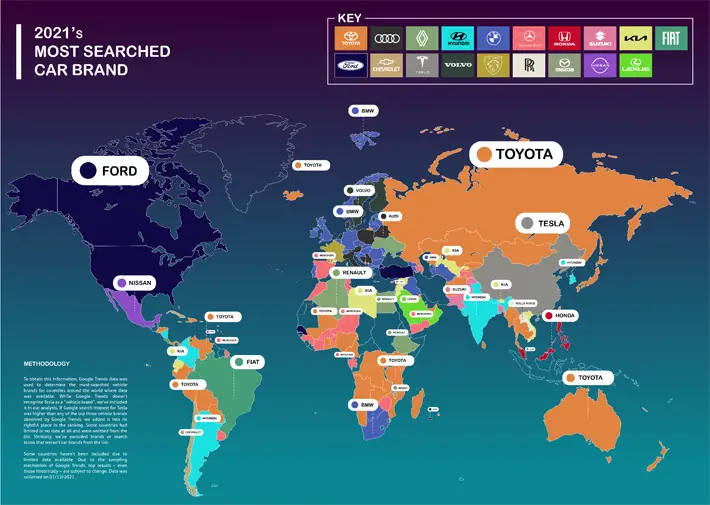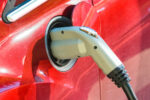Electrical Vehicles: 6 Facts to Know About Their Battery Ranges

With the increasing awareness of environmental pollution, many people are now looking for ways to reduce their carbon footprint. One way to do this is to switch to an electric vehicle (EV). EVs are powered by batteries instead of petrol, making them much more efficient and environmentally friendly. However, if you’re considering switching to an electric vehicle, you’re probably wondering how far you’ll be able to go in one. So, here are six thing to keep in mind about EV battery ranges.
1. Fast-charging Reduces Its Overall Range
While it’s true that fast-charging an EV will give you a quick boost in power, it will also reduce the long-term health of your battery and lead to a loss in overall range over time. So if you need to charge your EV quickly, it’s best to do so occasionally rather than making it a regular habit.
If you’re considering switching to an electric vehicle (EV), one important thing to remember is that insurance costs more for EVs than traditional petrol or diesel cars. This is because EVs are more expensive to repair and replace, as are the cost of their batteries. As a result, it’s essential to research and compare different insurance policies to get the best possible price. Getting quotes from various insurers will help you find the right policy.
2. You Can Extend an EV’s Range by Not Charging Up to 100%
If you’re an EV owner, you’re probably aware of the importance of maintaining your battery. Not only do you want to keep it charged up so you can get where you’re going, but you also want to maximize its range and extend its life. One way to do this is by not charging it up to 100% capacity. Batteries degrade faster when they’re kept at full charge than when they’re allowed to dip below 100%, so by charging more often but for shorter periods, you can help prolong your battery’s life.
3. An EV’s Range Can Drop Significantly in Cold Weather
Cold weather can negatively affect all types of batteries, but it can be especially hard on EVs because their batteries are larger and take longer to warm up than those in gas cars. According to AAA, an EV’s range can drop by 40% in extremely cold weather conditions. However, there are a few things drivers can do to minimize the effects of cold weather on their EV range. For example, they can plan their routes ahead of time to avoid hills and other areas where they might need to use more power than usual.
4. Public Charging Stations Aren’t Always Reliable and Aren’t Always Free
Public charging stations can be a great way to charge your EV when you’re on the go, but they’re not always reliable and not always free (or even cheap). Some public charging stations require membership fees or charge per-use fees that can add up quickly if you’re not careful.
5. Electric Vehicles Travel More Miles on a Charge on a Warm Summer Day
This is because the battery will be warmer and, therefore, able to hold more of a charge. However, it’s important to remember that hot weather can also degrade batteries faster, so it’s best to avoid leaving your EV in direct sunlight for long periods. Luckily, many models now feature a unique cooling system that helps to keep the battery cool even in high temperatures. They are also getting more range with each passing year.
6. The Range of an EV Can Vary Depending on Several Factors
These include the weather, the terrain, how fast you’re driving, and whether or not you’re using any utilities (like air conditioning or heat). However, you can boost your EV range by:
● Driving smoothly
● Travelling light
● Going easy on the heat
● Slowing down
● Tending to your tires
● Being cool with the AC.
As more consumers seek eco-friendly transportation options, many are turning to Google to search for the best EV car brand. According to Comparethemarket.com.au (car insurance comparison) data graphic, BMW in particular is gaining popularity in worldwide searches.
Be sure to do your research and consult with an expert before making the switch to an electric car to ensure that you’re prepared for everything that comes with owning an EV.











